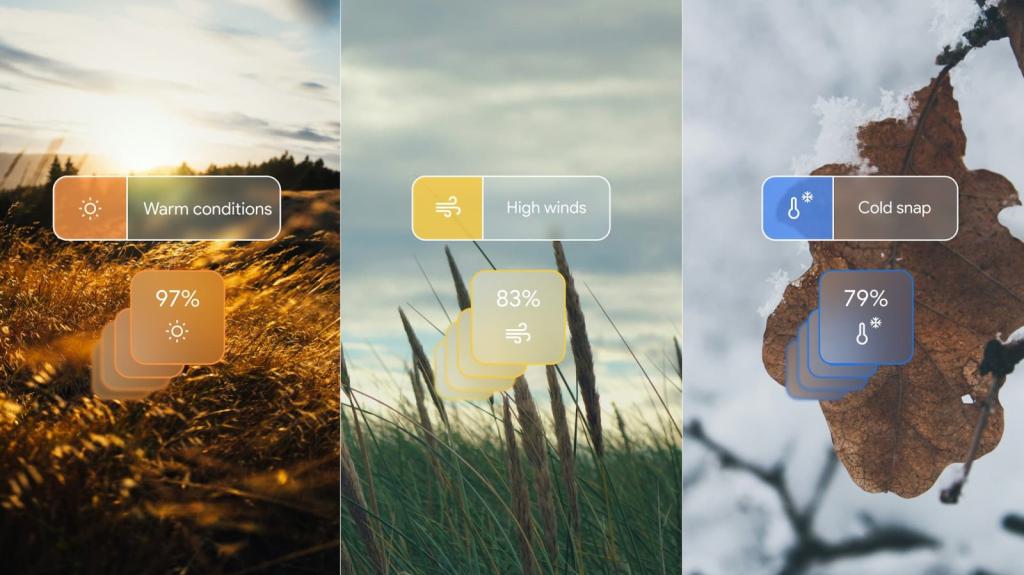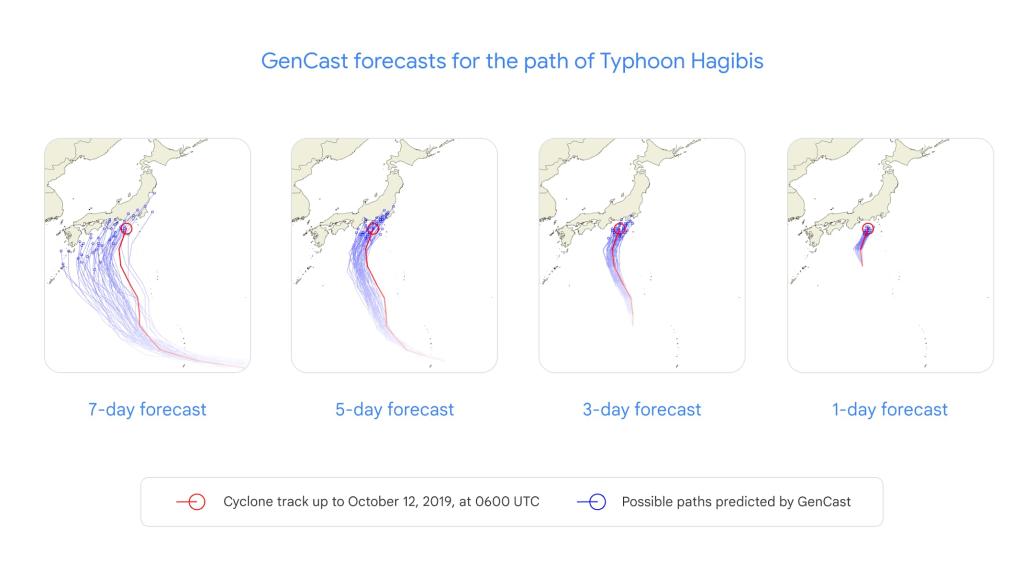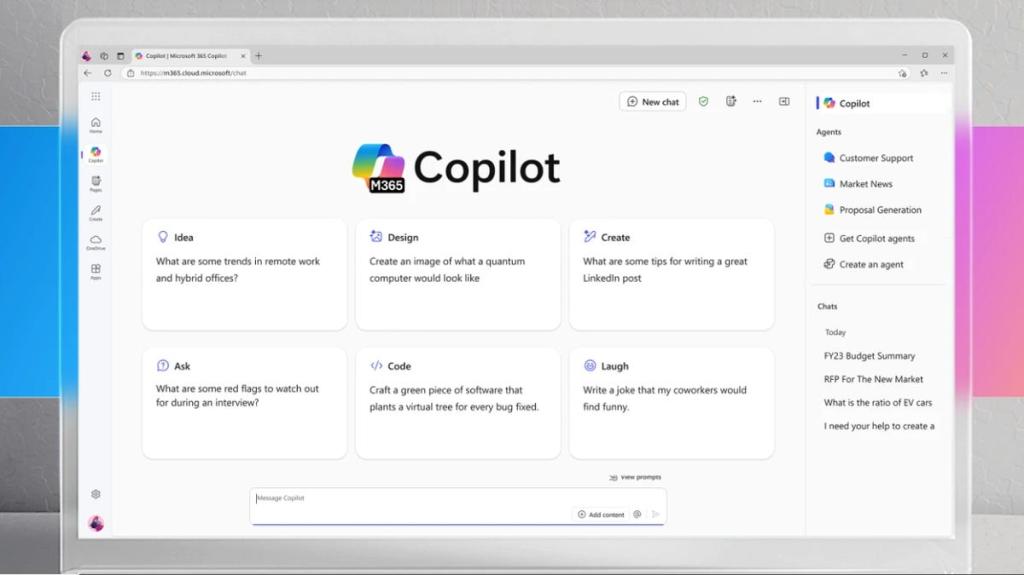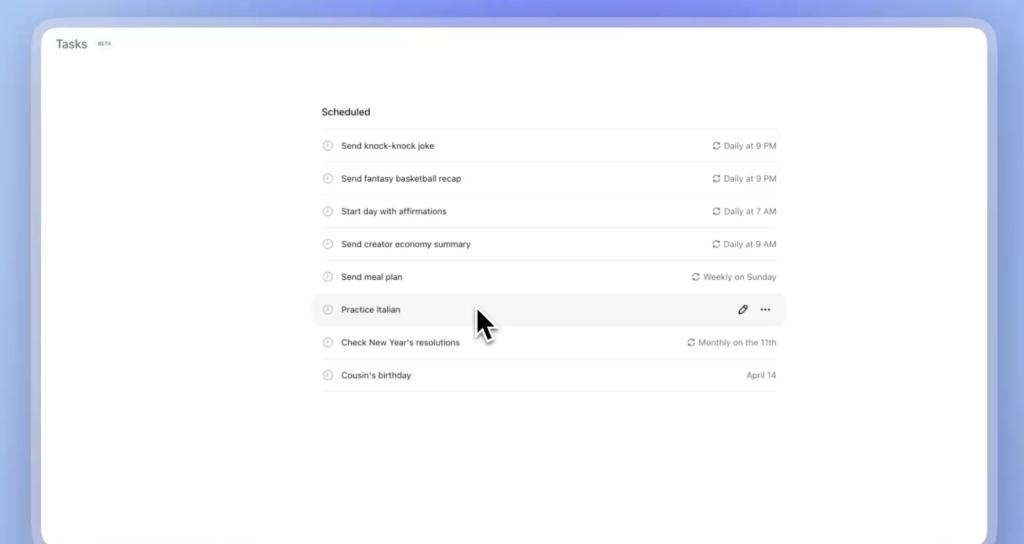GenCast Revolutionizes Weather Forecasting with AI Precision
Explore how Google DeepMind's GenCast transforms weather forecasting with AI, delivering faster and more accurate predictions for better disaster preparedness.

Key Points
- Google DeepMind's GenCast leverages AI to provide weather forecasts up to 15 days in advance with unmatched speed and accuracy.
- The model uses a probabilistic approach, generating multiple forecasts to better predict extreme weather events and improve disaster preparedness.
- GenCast’s rapid predictions can inform sectors like agriculture and renewable energy, paving the way for more efficient resource management.
As climate change intensifies and weather patterns become increasingly unpredictable, the need for accurate weather forecasting has never been more critical. Enter Google DeepMind’s groundbreaking artificial intelligence model, GenCast, which promises to revolutionize how we predict the weather. With the ability to provide forecasts up to 15 days in advance—with unparalleled accuracy and speed—GenCast stands out as one of the most significant advancements in weather prediction technology in nearly eight decades.

What Makes GenCast Unique?
GenCast employs a probabilistic approach, a stark contrast to conventional deterministic models that merely provide a single forecast. By analyzing multiple potential weather scenarios and generating up to fifty different outcomes, GenCast assesses the probabilities of various events occurring. The model was trained on a comprehensive dataset, spanning nearly 40 years of historical weather data, which allows it to discern complex relationships among atmospheric variables, such as temperature, humidity, and wind speed.
This innovative technique enables GenCast to outperform the
’ (ECMWF) ensemble model (ENS), which has long been regarded as the industry standard. In fact, research shows that GenCast was more accurate than ENS on 97.2% of tests, particularly excelling in predicting extreme weather events, including heatwaves and tropical cyclones.
Speed and Efficiency: A Game Changer
From a logistical standpoint, the capabilities of GenCast are impressive. Traditional forecasting methods rely heavily on supercomputers, requiring vast amounts of computational power and time—often taking hours to generate forecasts. In stark contrast, GenCast can generate a 15-day weather forecast in just eight minutes using a single Google Cloud TPU. This remarkable speed does not come at the cost of accuracy; it instead enhances the model's ability to deliver timely predictions when they are needed the most.

Real-World Applications
The implications of this technology extend far beyond day-to-day convenience. GenCast can significantly improve disaster preparedness by providing better predictions of high-impact weather events, such as hurricanes. The timely forecasts generated by GenCast can inform evacuation strategies and emergency responses, potentially saving lives and minimizing damage. Furthermore, sectors like agriculture and renewable energy could benefit tremendously; for instance, wind energy companies can leverage GenCast to optimize energy production based on forecasted weather conditions.
Looking Ahead: A Hybrid Future?
While the progress made by GenCast is commendable, discussions within the scientific community continue regarding the best approach to integrate AI with traditional forecasting methods. Experts recognize that hybrid models, which combine the strengths of both AI and physics-based systems, may offer the most reliable results. Google’s previous models, such as GraphCast, have demonstrated that hybrid forecasting can yield promising outcomes.
Ultimately, the journey toward more precise weather forecasting is likely to encompass a variety of approaches, leveraging advancements in AI technology while still respecting the foundational knowledge of atmospheric science. Continued collaboration and dialogue among researchers, meteorologists, and data scientists will be crucial in shaping the future of weather prediction.
With GenCast leading the charge, it’s clear that we are on the brink of a new era in weather forecasting, one where predictions are faster, more reliable, and crucially, more nuanced. As we navigate through these changes, we can look forward to a world where weather forecasting becomes increasingly intelligent and capable.


